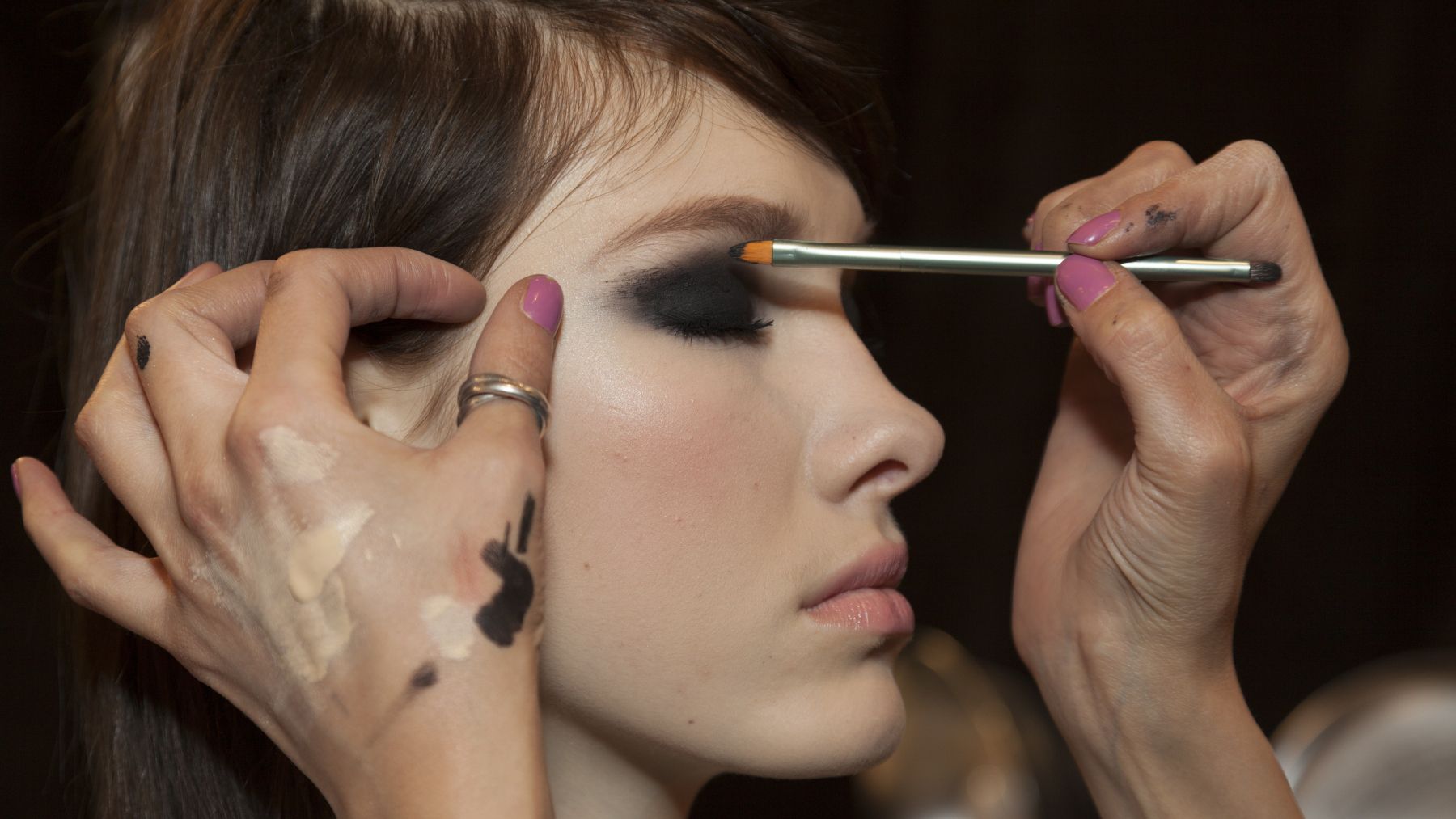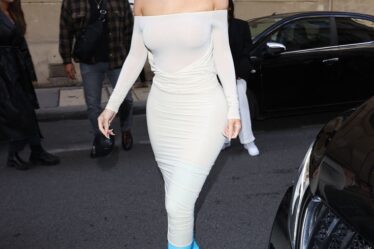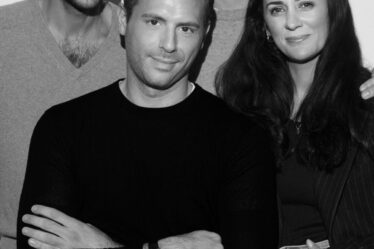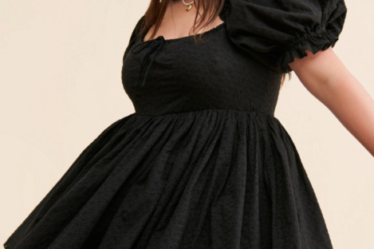
For years, my best friend and I would mingle backstage before a fashion show with Pat McGrath like it was normal. As beauty editors and reporters, we were required to listen to McGrath (or an underling, when McGrath wasn’t giving interviews) talk about the makeup look created for a runway show that would start in approximately one hour.
At first, it was exciting. We would spend fashion week moving between venues, huddling backstage to observe a makeup look designed to be invisible in order to let the clothes shine. We had direct access to some of the most famous makeup artists and hair stylists in the world.
But “backstage beauty” coverage quickly lost its lustre. Individual shows blurred together. A makeup artist would explain why they chose brown eyeliner instead of black eyeliner, hairstylists shared how hair was styled with products from a brand they were required to use and nail artists showed us the polish painted on models’ fingers that no one would see. My job was to regurgitate this information and quickly turn around a story about each show’s beauty look. It became a struggle, because there were only so many ways you could say the designer’s desired outcome was “dewy skin” or “smooth hair.”
Soon, I began to wonder what the point was for beauty brands participating in fashion week. Beauty companies have sponsored runway shows and presentations for decades, it’s just the way it was always done. Brands large and small do it for exposure; hoping their products or the lead makeup artist talking about their products make it into fashion week reviews and recaps. Others just participate in fashion week because they think they’re supposed to.
But with few exceptions, beauty remains an afterthought during fashion week.
There are certainly ways for hair and makeup to play a more compelling role, but here’s an alternative thought: maybe it’s also okay for beauty to take a backseat and let fashion have its moment. There’s nothing wrong with letting fashion week just be what it is – fashion week.
While there’s no downside to a beauty brand sponsoring or providing products and labour for a designer’s show, there’s also no real upside. Usually, the designer wants all the emphasis on the clothes, not the corresponding makeup choice.
Beauty sponsorships, while helpful to designers, are something of a misuse of resources for beauty brands. Instead, that time and money could be better spent ideating and working on product development, content, charitable initiatives — anything else — to release at a time when the people you want to reach aren’t running to shows, presentations, events, dinners and parties. Everyone wants more press and social media coverage, but trying to do so during fashion week is a fruitless exercise.
I’m not minimising the work of these extremely talented artists and beauty lines. Building a brand or name for yourself is really hard, and any opportunity to do that one should take, but fashion week may not be the best moment.
That’s particularly true now that the era of the superstar makeup artist is over. Once, seeing McGrath backstage meant whatever makeup look she had created would become a “thing” — we knew that if anyone was going to do something wild and memorable, it was her team. Former fashion week makeup stars McGrath, Gucci Westman and Charlotte Tilbury now all have brands of their own. There’s also, thanks to YouTube, a larger, more democratised generation of makeup artists who gained notoriety and millions of followers with tutorials and engaging content online. This is an amazing thing for the industry and the talented artists who wouldn’t have had a platform to showcase their talents a decade ago.
Still, there are a few scenarios where it makes sense for beauty lines to prioritise fashion week. The most obvious is when a fashion brand has a corresponding beauty line, like Tom Ford. Another is when the beauty look is created specifically to stand out or be provocative — like McGrath’s glitter lips at Versace’s Autumn/Winter 2016 show — a rare occurrence. Other brands have tried to use the runway to launch new products that immediately go on sale after the show, but this remains a novelty. Beauty is stuck on the sidelines at fashion week, trying to latch onto the notoriety or buzz of a fashion brand, and like any collaboration, it only works when it works.
Fashion and beauty remain inextricably linked, beauty often taking cues from fashion and vice versa. But during fashion week, beauty is screaming to be heard in an already incredibly loud room. Let fashion have its moment. There’s the entire rest of the year to launch new products, campaigns, influencer collaborations or announce that your brand has joined BeReal.



